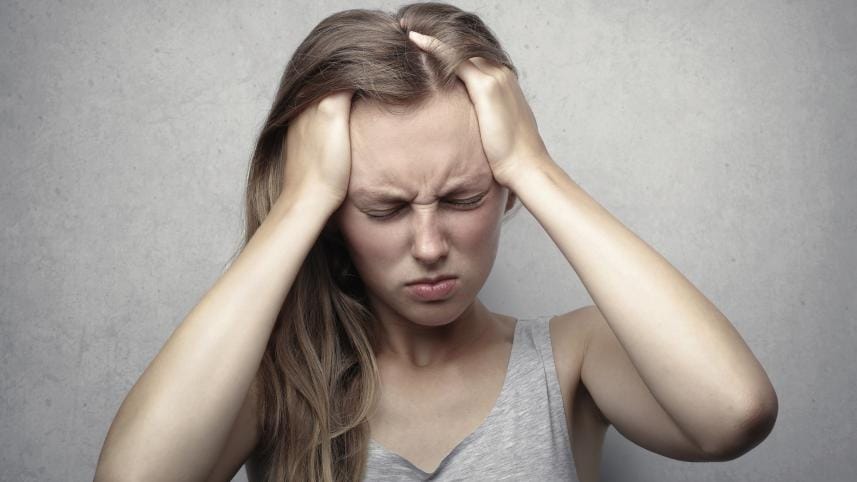Hydration may hold the key to fewer migraines

While migraines can be triggered by many factors, one of the most preventable is dehydration. Even a modest drop in fluid levels may set off a headache—and for those prone to migraines, this can evolve into a full-blown episode hours later.
When the body lacks sufficient fluids, various tissues—including those near the brain—can temporarily shrink. This shift can put pressure on surrounding nerves, potentially triggering the intense pain typical of migraines. Common symptoms like throbbing discomfort, nausea, and sensitivity to light may follow.
To reduce this risk, maintaining consistent hydration is essential. Health experts recommend drinking at least 8–10 glasses of water per day, though the amount may need to increase in hot weather, during illness, or with physical exertion. Keeping a water bottle nearby and sipping regularly, especially while travelling or working long hours, can make a significant difference.
Dehydration does not always act alone. It often amplifies other migraine triggers such as heat, skipped meals, or stress. That is why prevention strategies must include steady fluid intake throughout the day—not just when thirst hits.
If a headache comes on and you suspect dehydration, drinking one or two large glasses of water may help relieve symptoms. However, if discomfort continues beyond an hour or two, it is best to seek medical advice.
For those living with migraines, staying hydrated is a simple, effective habit that may help prevent attacks and improve overall well-being.v



 For all latest news, follow The Daily Star's Google News channel.
For all latest news, follow The Daily Star's Google News channel.
Comments